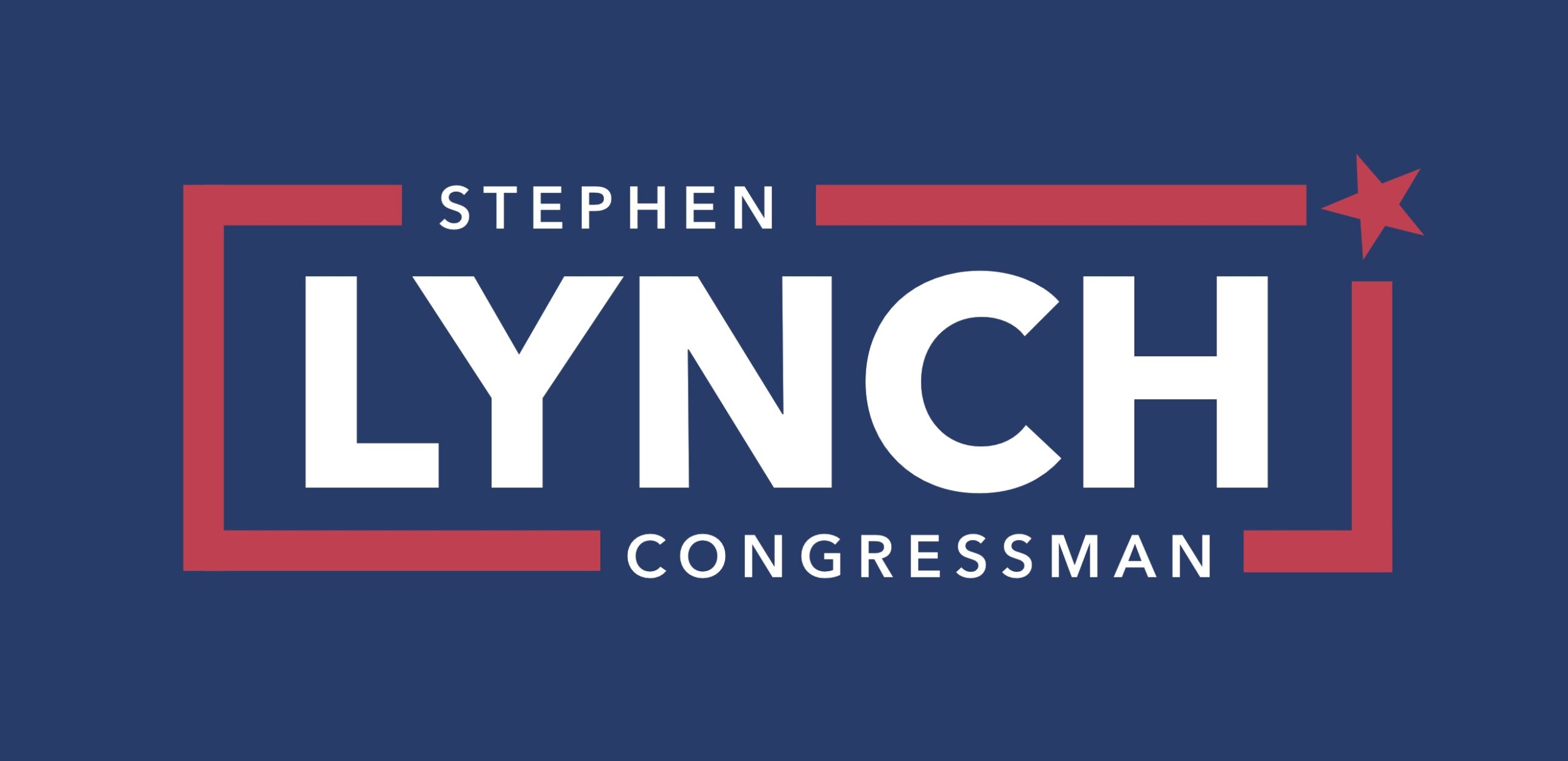Jamaica Plain News
By David Ertischek
Congressman Stephen Lynch recently led a hearing to examine Russia’s possible invasion of Ukraine.
Russia recently brought 150,000 troops to Ukraine’s borders, which President Joe Biden spoke about on Feb. 15. Lynch is the chairman of the Subcommittee on National Security, and led the hearing the same day.
“By holding Ukraine hostage unless the United States and NATO surrender to his demands, President Putin threatens the fundamental principles of sovereignty, self-determination, and territorial integrity, that have helped to preserve global peace and security and that form the basis of the rules-based international order,” said Lynch. “[It] is in our strategic and national security interests to help support the sovereignty and territorial integrity of Ukraine, and President Biden has been absolutely clear that if Russian troops cross over the border, the United States will respond decisively and impose swift and severe consequences.”
The Committee heard testimony from Michael McFaul, Director of the Freeman Spogli Institute for International Studies at Stanford University and former U.S. Ambassador to the Russian Federation; Lieutenant General (ret.) Ben Hodges, Pershing Chair in Strategic Studies at the Center for European Analysis and former Commanding General of U.S. Army Europe; Dr. Andrea Kendall-Taylor, Director of the Transatlantic Security Program at the Center for a New American Security; and the Richard Grenell, former Acting Director of National Intelligence.
Witnesses said that Russia’s aggression toward Ukraine threatens the peace in Europe since the end of World War II.
- McFaul testified that Putin “aspires to weaken and ideally destroy European multilateral institutions and continental norms about democracy and human rights.” He further testified that “Putin seeks an end to NATO and to the European Union, and more immediately at least weaken unity in both of those organizations.”
- Kendall-Taylor testified that if Russia succeeds in invading and destabilizing Ukraine, “it will harden the dividing line between liberal democracy and authoritarianism,” and will advance the Kremlin’s vision of a world “where might makes right, and strong states can change borders through force.”
Witnesses said the Biden administration has strengthened and unified the NATO alliance, while sending a strong message to Putin that further aggression against Ukraine will not be tolerated.
McFall said that the Biden Administration has “deployed a smart strategy of coercive diplomacy” to deter further Russian aggression against Ukraine and has “succeeded in maintaining a high degree of unity among our NATO allies and partners.”

Recent Comments